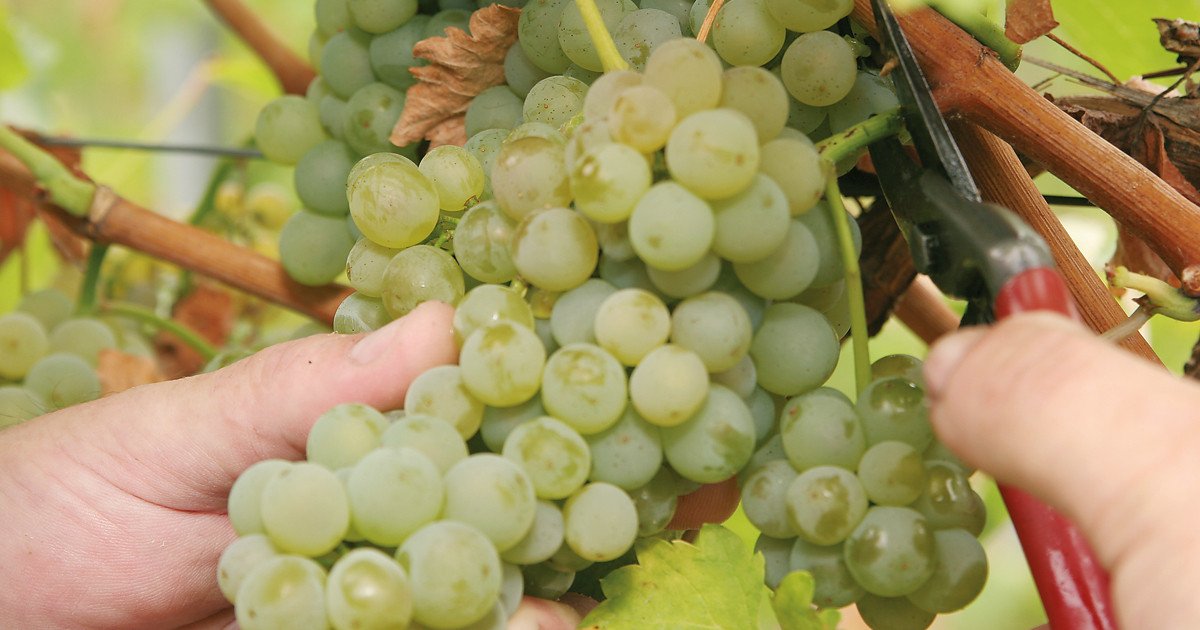Saturday, 21 February 2026

Image Source: Bayer Global
In a decisive move to scale its biological crop protection portfolio, Bayer has expanded its global partnership with French biotech innovator M2i Group, the European leader in pheromone-based pest control. The expanded agreement grants Bayer exclusive distribution rights for M2i’s pheromone gel products across the Asia-Pacific region, Latin America, and the United States—building on an already successful collaboration that began in Europe and Africa. The deal signals not just geographic expansion, but a strategic deepening of Bayer’s commitment to low-residue, sustainable farming tools that increasingly define the next generation of crop protection.
For Bayer, this is not merely a product extension—it’s a blueprint for future-proofing the global agrochemical business. As the industry faces rising regulatory scrutiny, environmental constraints, and consumer demand for cleaner food systems, biologically derived alternatives to traditional pesticides are becoming less optional and more essential. Pheromones, long used in precision pest disruption, offer farmers a residue-free, species-specific approach to insect control. By adding M2i’s proprietary gel-based delivery system to its global biologicals platform, Bayer is turning a niche technology into a mainstream solution for high-value crops like grapes, tomatoes, and orchard fruits.
The success of their earlier collaboration in Europe laid the groundwork. Since the initial agreement was signed in 2023, Bayer has introduced M2i’s VYNYTY Press pheromone products across multiple countries, from tomato growers in Turkey and Morocco to grape producers in Spain, Italy, and the Netherlands. In field trials in Chile, the Press formulation—designed to control Lobesia in vineyards—performed consistently under local conditions and has now been commercially launched for wine and table grapes. The technology’s appeal lies in its simplicity and sustainability. The pheromone is embedded in a thick, long-lasting gel that is dispensed directly onto the plant using a reusable pressurized bottle. This reduces the need for plastic accessories like dispensers or hangers, aligning the product with both ecological goals and on-ground agronomic efficiency.
The gel formulation represents a subtle but significant advancement in pheromone delivery. Traditional dispensers often require labor-intensive deployment and generate waste, especially on large farms. M2i’s pressurized gel format enables fast application, cuts down plastic use, and fits seamlessly into integrated pest management programs. Bayer’s strategy is to embed this into a broader system of pest management—one that includes digital pest monitoring, advisory tools, and a hybrid portfolio of synthetic and biological solutions. This systems-thinking approach reflects Bayer’s larger ambition to shift from input supplier to holistic farm solution provider.
M2i brings to the partnership a rare mix of scientific depth and industrial capacity. The French company not only specializes in complex molecule synthesis for pheromone production, but also controls end-to-end formulation and manufacturing. As Bayer scales the solution globally, M2i’s infrastructure will be key to maintaining supply chain agility and regulatory consistency across disparate markets. For both companies, the partnership exemplifies the kind of open innovation that is fast becoming essential in the high-stakes biologicals space. The days of proprietary silos are over; the future belongs to synergistic ecosystems that combine R&D depth, manufacturing scale, and global distribution muscle.
What’s clear from this partnership is that biological crop protection is no longer being treated as a boutique segment. It is being industrialized—with global reach, serious capital, and digital integration. Bayer’s expansion of the M2i alliance sends a signal to the broader industry that pheromones are ready for the world stage. The deal underscores a broader shift in agricultural innovation: from chemistry to biology, from volume to precision, and from linear supply chains to intelligent, adaptive systems.
In the battle to reduce residues, mitigate pest resistance, and lower agriculture’s environmental footprint, pheromone-based control isn’t just another option. It’s fast becoming the gold standard for sustainable intensification—especially in the high-margin crops that global retailers and regulators scrutinize most. As M2i’s unique formulation technology reaches new continents, the convergence of biology, ecology, and commercial scale is no longer aspirational. It’s operational. And with Bayer’s global infrastructure behind it, it’s poised to accelerate.